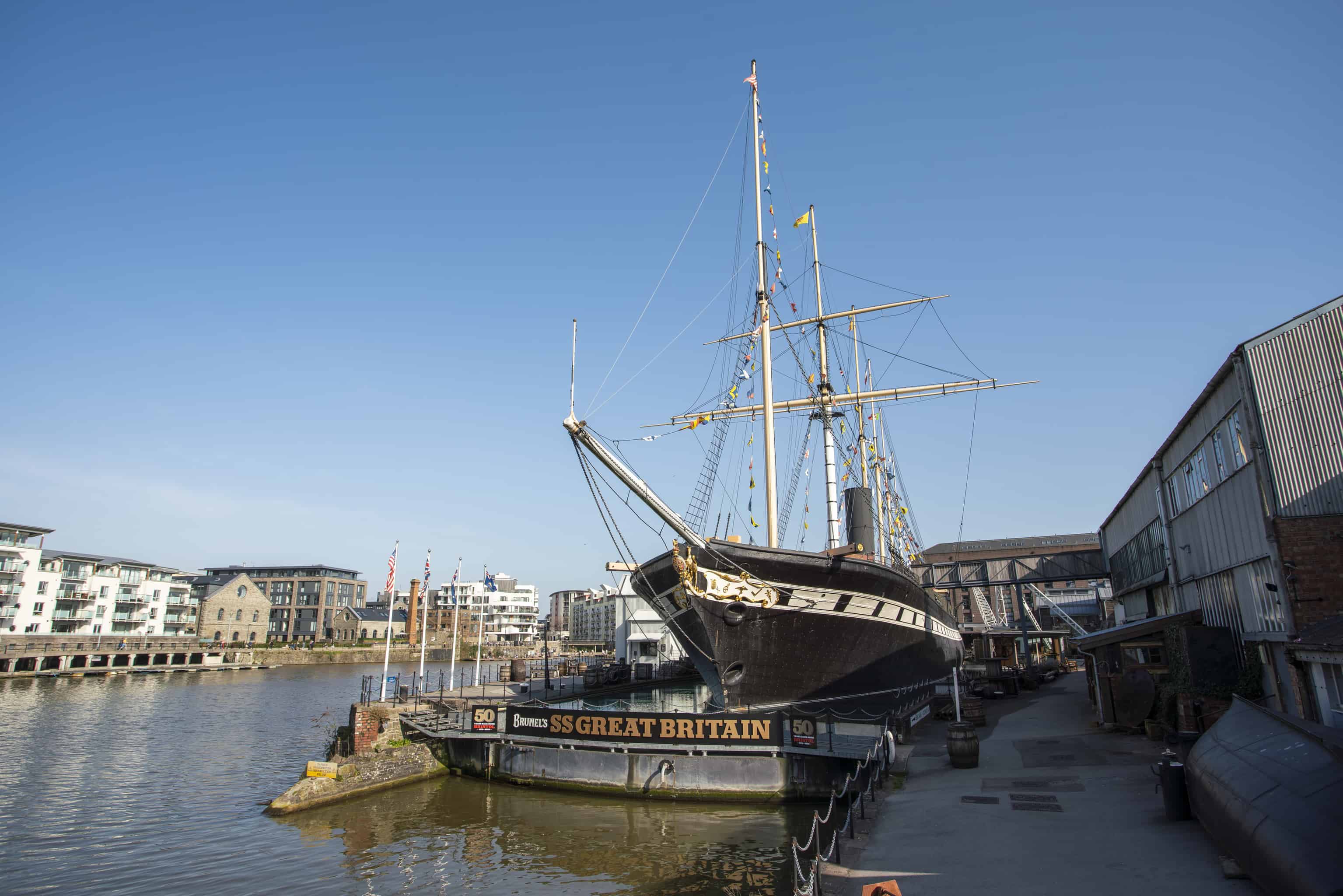Marc Brunel began teaching his son Isambard drawing and geometry when he was only five or six years old. By the time he was fifteen Brunel was ready to serve as an apprentice to the finest watchmaker alive; Abraham-Louis Breguet.
Marc Brunel was born and educated in France, and wanted his talented son to undertake technical schooling there too. In 1820 Isambard went to attend the College of Caen in Normandy, and then on to study mathematics at the Lycee Henri-Quartre in Paris. Later, his father arranged for Isambard to serve as apprentice to his old friend Breguet in Paris.
Breguet was an engineer, like Marc, but on a different scale. Marc worked on manufacturing processes and on the Thames Tunnel; Breguet was a maker of chronometers, watches and scientific instruments. Like Marc, Breguet fled France during the French Revolution. When he returned, he made a name for himself by developing innovations in the precision mechanical design of portable watches and chronometers. One of his many achievements was to develop the world’s first wrist watch for the queen of Naples in 1810. Breguet is also the maker of the most expensive clock in the world. The Marie-Antoinette, made for an admirer of its namesake, is worth over $100 million today.
A few of the letters between Marc Brunel and Breguet survive and are available to researchers in our Brunel Institute. The letters show the mutual respect between the two engineers, as well as Marc’s loving concern for his son. Fortunately, Isambard seems to have impressed the legendary Swiss horologist, who wrote to Marc on 1 November 1821:
“I feel that it is important to nurture in him the fortunate inclination for discovery, which he may owe either to nature or to education, but which it would be truly sad to see lost.”
We don’t know how Brunel benefitted from his time with Breguet, and specific evidence of what he learned or how he used this knowledge in later life is unclear. However, in his biography of Brunel, Rolt suggested that his experience helped him to develop close attention to detail and high standards of workmanship.
What is clear is that Marc intended his son to have the best education and stayed closely involved in his intellectual development. In 1822 sixteen-year-old Isambard returned to England, ready to work with his father.
Author: Luke Holmes, Interpretation Officer




